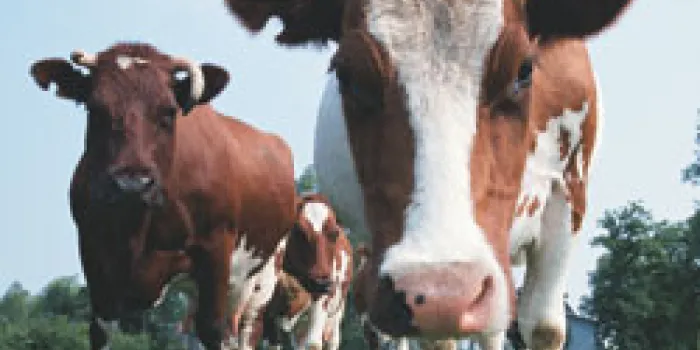A new recommendation by the National Hemophilia Foundation’s (NHF’s) Medical and Scientific Advisory Council (MASAC) addresses concerns of blood contamination from transmissible spongiform encephalopathies (TSEs), also known as prion diseases. The most well-known TSE is variant Creutzfeldt-Jakob disease (vCJD), the human form of mad cow disease. The document resulted from NHF’s MASAC Consensus Conference on Plasma Product Safety, held on March 20, 2009.
Consensus conferences, initiated by Craig Kessler, MD, MASAC chair, provide a forum for community members, experts and MASAC members to discuss a specific issue with the goal of releasing a recommendation. The conference was sponsored by Grifols.
MASAC Recommendation #189, “MASAC Consensus Statement on Plasma Safety,” acknowledges that some people with bleeding disorders use plasma-derived concentrates and stresses the need for drug companies and government agencies to adhere to the highest level of safety possible.
In the 1980s, contaminated blood products were responsible for infecting about half of the hemophilia population with HIV. As a result, current US plasma undergoes nucleic acid testing (NAT) and other cleansing procedures to remove pathogens previously associated with contaminated blood products, such as HIV/AIDS; hepatitis A, B and C; and, more recently, vCJD. Plasma donors are also vigorously screened and monitored. In the US, there have been no new infections from blood products, but to maintain access to safe products and to protect against potential contamination from any possible existing or new pathogens, MASAC recommends collaborative communication, surveillance and research efforts between the US Centers for Disease Control and Prevention, the Food and Drug Administration, the US Department of Agriculture and pharmaceutical companies.

